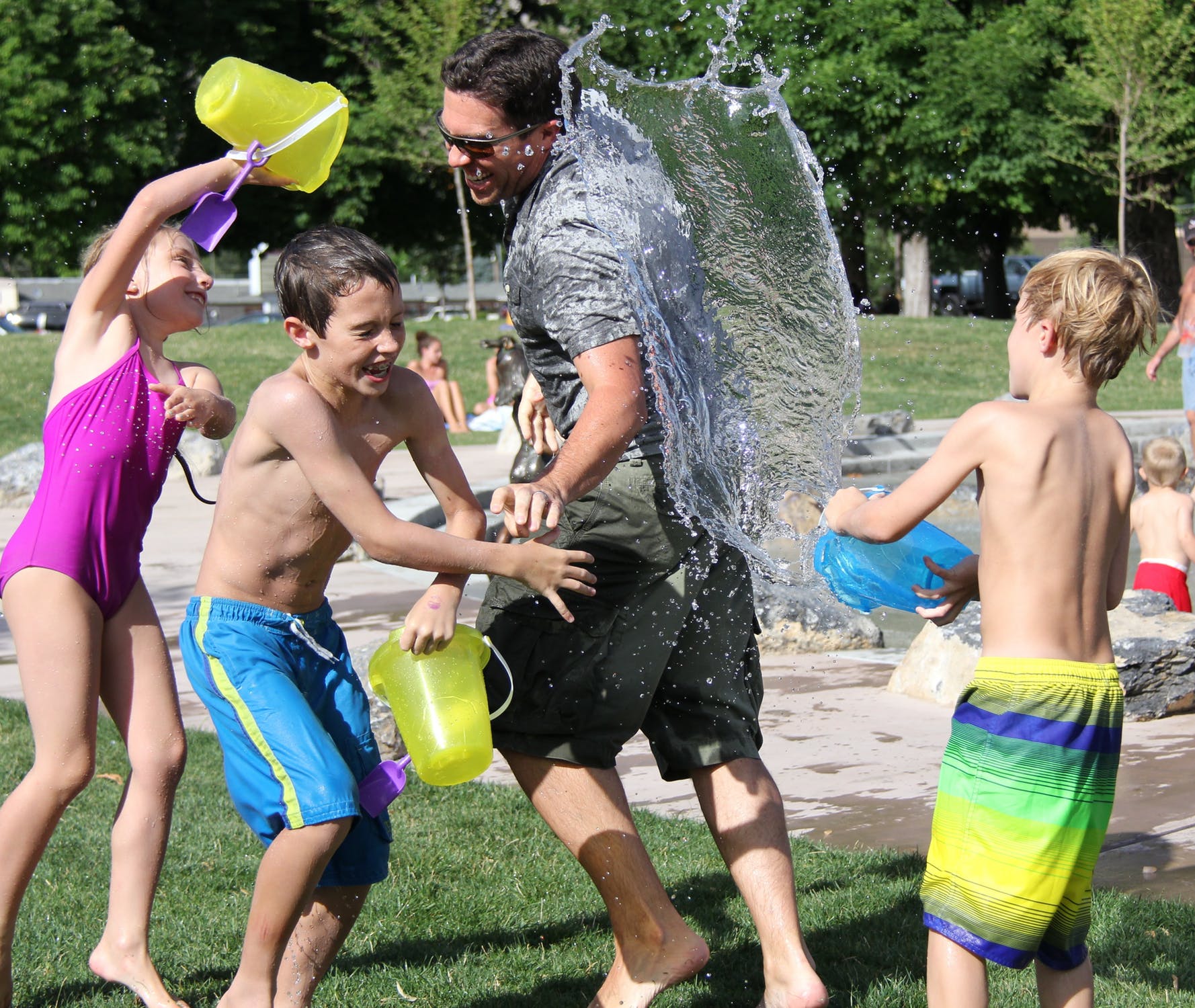Protecting Your Kids from Serious Injury is Easier than You Think
Bumps and bruises are just part of growing up. And as parents, we try to keep our children safe and protected, but an accident is bound to happen no matter how closely we watch them. While some falls can just result in a simple scrape or bump on the head, others can be much more serious.
“Each year, 2.4 million Americans sustain traumatic brain injuries (TBIs), including 475,000 children,” said Jill Lucas-Drakeford, a Carilion Clinic community health educator and the coordinator for Safe Kids Southwest Virginia. “About 75 percent of TBIs that occur each year are concussions or other forms of mild traumatic brain injury.”
A TBI is defined as a blow or jolt to the head or a penetrating head injury that disrupts the normal function of the brain. Head injuries are the cause of 80 percent of pediatric trauma cases. Just last year alone, physicians at Carilion Roanoke Memorial Hospital’s Emergency Department treated over 300 children (ages 0-14) for pediatric traumatic brain injuries. This complex injury can cause a broad spectrum of symptoms and disabilities that range from mild to devastating, and recovery from a TBI can take years or it may affect a person for the rest of their lives. There are some simple steps you can take, however, to protect your children.
“One of the best things you can do is to make sure your child always wears a properly fitting helmet that is specific to the activity or sport they are doing,” Lucas-Drakeford explained. “Helmets can reduce the risk of severe brain injuries by 88 percent.”
Here are 10 other tips to keep your children safe, inside and outside of the home:
- Always make sure your child always wears a helmet when doing the following activities:
- Biking
- Skating
- Skateboarding
- Football
- Hockey
- Horseback riding
- Riding a powered recreational vehicle
- Skiing or snowboarding
- Wrestling
- Be a role model. If you wear a helmet and protective gear, your kids will too.
- If your child plays sports, learn the signs and symptoms of a concussion. This is even more important if you are a coach.
- Do not let children use sports equipment that is unsuitable for their age.
- Replace sports equipment or protective gear when it has been damaged.
- Install window guards in your home and use approved safety gates on stairs.
- Secure televisions and furniture so that kids cannot tip them over.
- Always use a car seat, booster seat, or a seat belt when traveling in a car with children. Every ride, every time.
- Do not let children use playgrounds with hard ground surfaces.
- Do not dive in water less than 10-feet deep or in above-ground pools. Check the depth and for debris in the water before diving.
Just a few simple precautions can keep an accident from turning into a tragedy. For more information, please ask your pediatrician or visit CarilionClinic.org.





